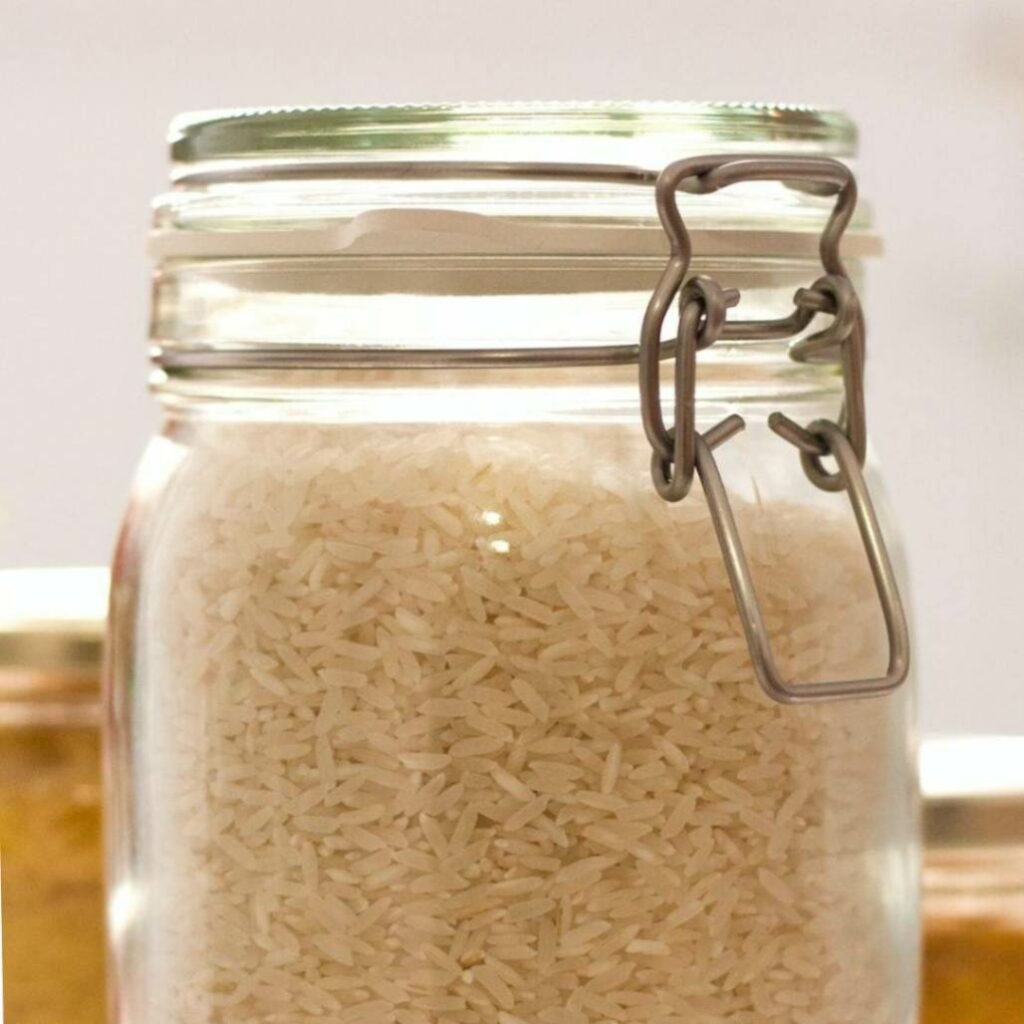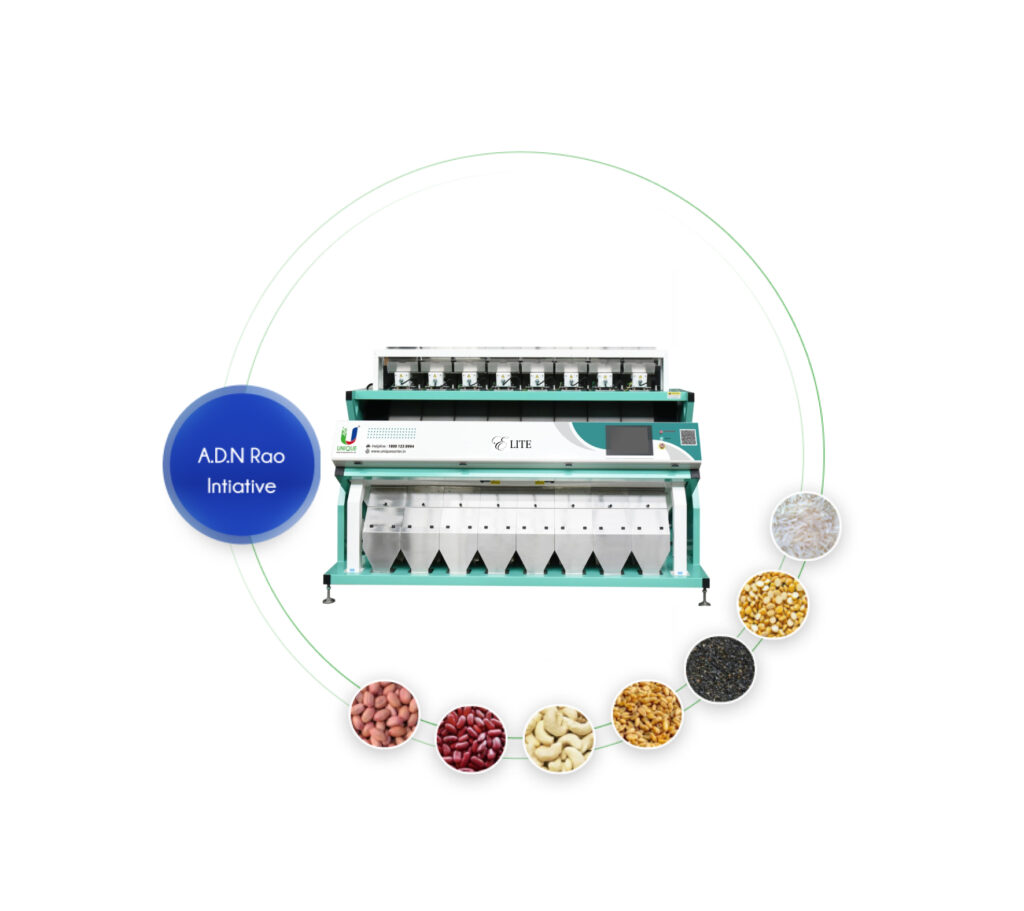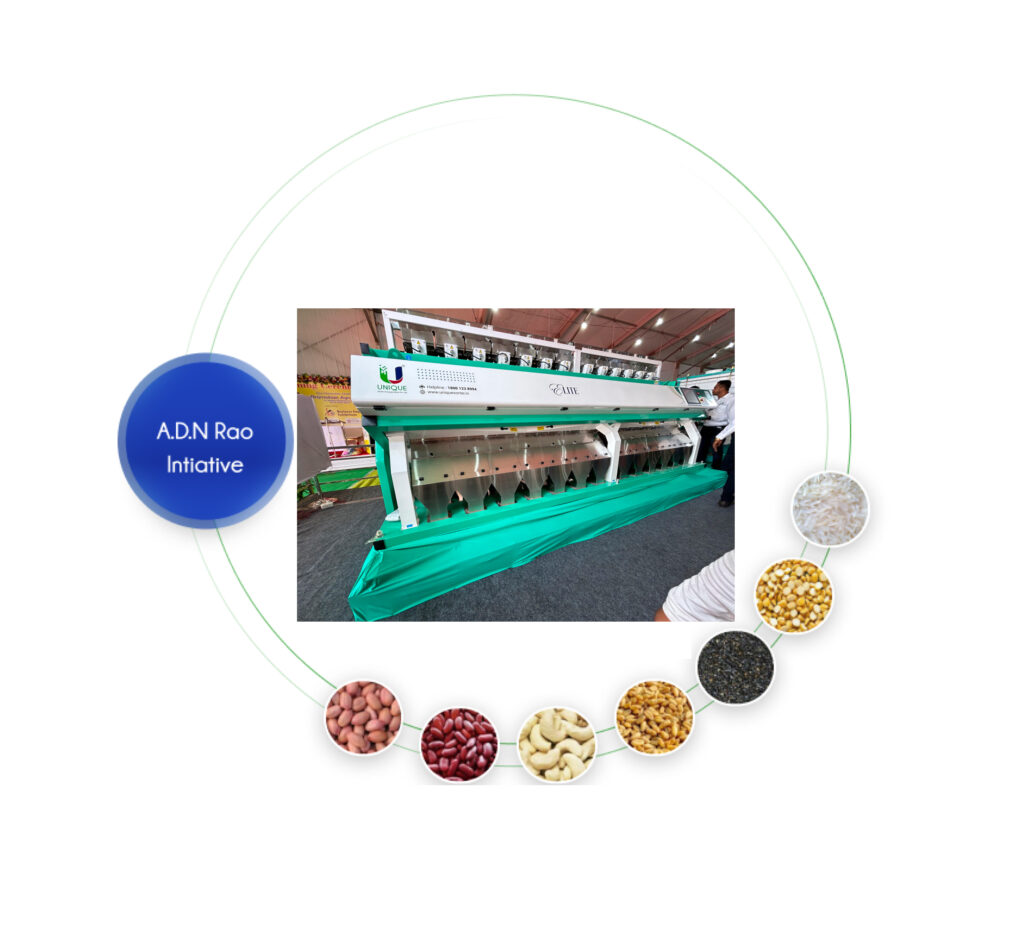A Comprehensive Guide to Starting a Successful Rice Mill Business

Introduction
Are you intrigued by the prospect of entering the agricultural industry with a business venture that holds the potential for lucrative returns? Look no further than the idea of establishing your very own rice mill.
Rice, a dietary staple for millions across the globe, maintains an ever-growing demand for high-quality grains. While embarking on the journey of launching a thriving rice milling business may present its share of challenges, the rewards it offers are equally promising. In this comprehensive guide, we will accompany you on a journey through every aspect of starting and managing a profitable rice milling enterprise.
From crafting a robust business plan to implementing effective branding and marketing strategies, we’ve got your back. So, without further ado, let’s delve into the world of rice mills and discover how you can become an expert in this flourishing industry.
Rice Milling Business Plan
A well-crafted rice milling business plan is the cornerstone of launching and sustaining a successful enterprise in this industry. This plan should encompass several crucial elements to provide a comprehensive roadmap for your business’s growth and profitability.
First and foremost, market analysis is vital. This involves conducting thorough research into the current supply and demand dynamics of the rice market in your target area. This analysis not only helps you gauge the potential profitability of your venture but also reveals key insights into your competitors and their operational strategies.
Financial projections are another integral component of your business plan, especially when seeking investments or loans. These projections should offer a realistic outlook on revenue, expenses, and profits for a minimum of three years, allowing stakeholders to make informed decisions.
In the production process section, you should outline the step-by-step procedures involved in transforming raw paddy into high-quality polished rice suitable for consumption. Consider incorporating quality control measures to ensure that your final product consistently meets or exceeds customer expectations.
Your marketing strategy should detail how you intend to promote your rice products effectively. This might include strategies such as advertising campaigns, establishing partnerships with local suppliers or retailers, or exploring innovative distribution channels.
Lastly, designing an efficient management structure is essential to ensure smooth operations across all facets of your business while minimizing costs. Each of these elements, when meticulously addressed in your Rice Milling Business Plan, will play a pivotal role in steering your venture towards success in this thriving industry. Remember, a well-structured plan is your key to a successful start in the rice milling business.
Rice Mill Equipment
Selecting the right rice mill equipment is a pivotal decision that significantly influences the success of your rice milling business. It’s imperative to make choices that align with your specific operational requirements and budget constraints.
The scale of your business plays a central role in determining the equipment you should acquire. Small-scale mills can effectively operate with fundamental machinery, including huskers, polishers, destoners, and graders. Conversely, larger mills demand more sophisticated equipment such as paddy separators, whitening machines, color sorters, and packaging machines to meet the demands of higher production volumes.
When it comes to equipment quality, prioritize top-notch machinery to minimize downtime caused by breakdowns or repairs. It is advisable to source equipment from manufacturers known for their commitment to quality and who offer warranties to provide added assurance.
Consider the power source required for each piece of machinery, taking into account factors like size and capacity. Some machines run on electricity, while others utilize diesel engines, so this aspect should be tailored to your specific operational setup.
Sustaining the efficiency and longevity of your rice mill equipment demands a robust maintenance routine. Regular cleaning and proper lubrication are key practices to prevent premature wear and tear, ensuring that your equipment remains in optimal working condition.
In summary, rice mill equipment holds a pivotal role in the crucial process of transforming raw grains into the polished rice that eventually reaches consumers’ tables and kitchens. Therefore, investing in high-quality equipment from reputable manufacturers with a track record of delivering reliable products at reasonable prices is paramount to the overall success and longevity of your rice milling venture.
Rice Mill Feasibility Study
Undertaking a feasibility study is an indispensable preliminary step when contemplating the establishment of a rice mill business. It serves as the compass guiding your decision-making process by thoroughly assessing the viability and profitability of the proposed rice milling project, sparing you from potential setbacks and resource wastage.
The very first facet to investigate in your feasibility study is the demand for rice within your chosen target market. In-depth research is needed to comprehend the local rice consumption patterns, preferences for specific rice varieties, and whether the current supplier network can adequately satisfy this demand. This data is fundamental in gauging the potential market share your rice mill could capture.
Another critical consideration revolves around the costs associated with setting up and operating your rice mill. This encompasses various expenditures, including land acquisition or leasing, the procurement of essential equipment like dehuskers and polishers, hiring skilled laborers and technicians, as well as other miscellaneous costs. In this assessment, it is imperative to factor in potential risks such as natural disasters that could jeopardize both crops and machinery, thereby affecting production and profitability.
Analyzing the competitive landscape is equally paramount. Identifying and scrutinizing existing rice mills in your selected location helps uncover their strengths and weaknesses, offering valuable insights that can inform your strategic approach. Developing unique strategies that set your rice mill apart from the competition is key to gaining a competitive edge.
Last but certainly not least, creating financial projections based on realistic assumptions is the cornerstone of your feasibility study. These projections encompass diverse facets of financial planning, including revenue streams (such as wholesale versus retail sales), production costs (including raw materials), and fixed overhead costs like rent and salaries. This comprehensive financial analysis serves as a litmus test to determine the economic viability of embarking on the venture and whether the establishment of a rice mill, given the current market conditions, is a prudent and profitable endeavor.
Rice Mill Marketing Plan
Developing a robust marketing plan is a fundamental aspect of ensuring the success and growth of your rice mill business. Marketing plays a pivotal role in attracting and retaining customers, and it is indispensable for creating a strong brand presence in the rice milling industry.
To craft an effective marketing plan, you must first identify and understand your target market thoroughly. This involves gaining insights into their preferences, needs, and purchasing behaviors. Moreover, defining what sets your rice mill and its products apart from others in the market is crucial to creating a unique selling proposition.
In today’s digital age, establishing an online presence is essential. Building a website that showcases your rice mill’s products and services can serve as a powerful tool to reach potential customers. Leveraging social media platforms such as Facebook, Twitter, Instagram, or LinkedIn provides additional avenues to promote your brand, engage with your audience, and build a loyal customer base.
Incorporating traditional advertising methods can also be effective. Consider placing ads in local newspapers or on radio stations, targeting specific demographics within your community. Offering promotions, such as discounts on bulk rice grain purchases or free product samples for first-time buyers, can entice potential customers and create buzz around your brand.
Participating in relevant trade shows and exhibitions related to agriculture or food processing industries offers an excellent opportunity to showcase your products directly to potential clients. These events also enable valuable networking with other industry players, potentially leading to collaborations and partnerships.
Lastly, don’t underestimate the significance of customer feedback. Actively seek input from satisfied customers through surveys or online reviews. This feedback is invaluable for continuously improving your product quality and service delivery, enhancing customer satisfaction, and building a strong, enduring reputation in the competitive world of rice milling.
Bottom Line
Commencing a rice mill business may appear daunting initially, but with the right strategies and meticulous planning, it can evolve into a highly rewarding endeavor. It all starts with comprehensive market research and the creation of a robust business plan, foundational steps that are crucial for achieving success in this dynamic industry.
In addition to a well-structured plan, investing in top-tier equipment and assembling a team of experienced professionals can significantly boost the prospects of your rice mill business. Furthermore, the implementation of effective marketing strategies and the cultivation of strong customer relationships are pivotal for establishing a sustainable presence in the market.
For those considering venturing into the rice milling business or seeking guidance to elevate an existing operation, it is highly advisable to collaborate with reputable consultants such as Unique Sorter. Their wealth of expertise and dedicated support can provide access to invaluable resources that enhance every facet of your business.
It’s important to keep in mind that patience and persistence are indispensable qualities when embarking on any new venture. By adhering to these tips for success and maintaining an unwavering commitment to delivering top-quality products and services, your rice mill business holds the potential for remarkable achievements in the ever-evolving landscape of the rice milling industry.
Get A Quote
Related Post
Discover the art of precision with our color sorter: revolutionizing sorting processes with unparalleled accuracy and efficiency.
Elite Corn Color Sorter Machine
Elite Corn Color Sorter Machine, powered by the revolutionary Jarvis system and Smart vision technology.

Elite Coffee Bean Sorter Machine
Elite Coffee Bean Sorter Machine, a pinnacle of precision and efficiency in the world of coffee sorting technology.

Elite Spices Color Sorter Machine
Revolutionize your spice sorting processes with unmatched efficiency and accuracy of Elite spice sorter.


